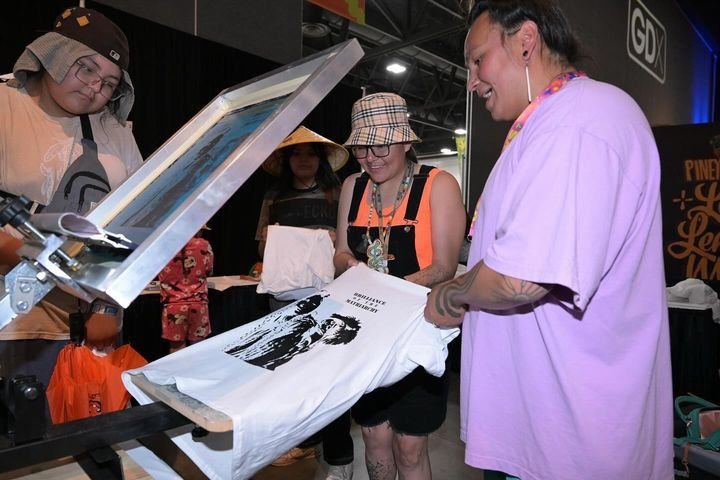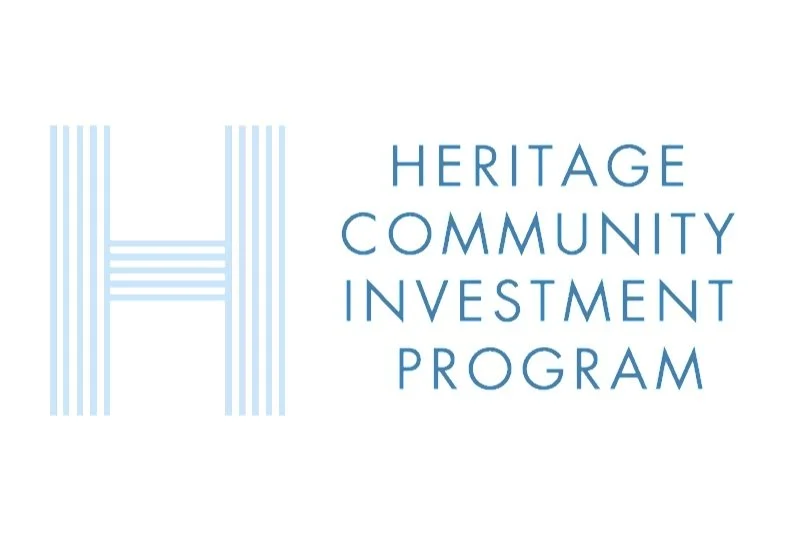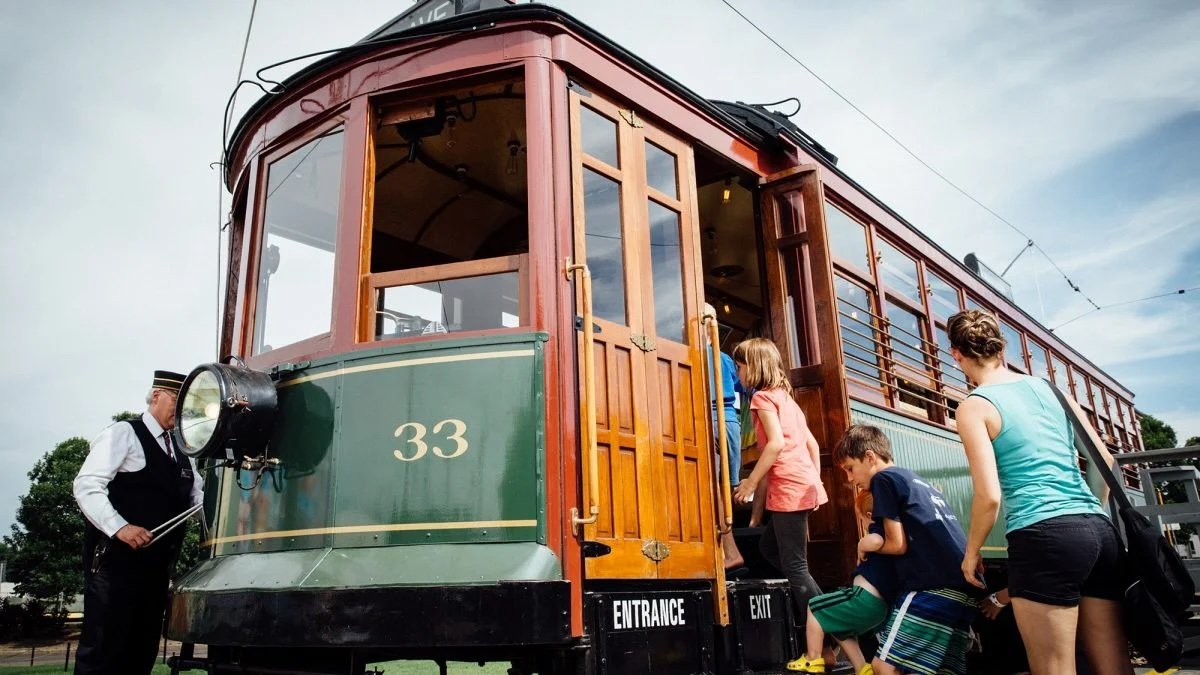
Celebrating our Storytellers
HCIP & FIRE Grant Recipients
We are proud to support these diverse projects that enrich our city's cultural landscape and preserve its vibrant heritage.
EHC grants represent nearly $1 million annual investment in Edmonton's heritage sector, supporting both established institutions and new initiatives.
Through these diverse projects, we continue to weave a richer, more inclusive narrative of our city's history and cultural heritage.
HCIP - Heritage Project Grant
HCIP - Research & Development Grant
HCIP - Operational Grant
FIRE - Impact Grant





















Heritage Project Grant 2025
-
This project will create a comprehensive guide documenting forest school practices within Edmonton's River Valley and parks system. The guide will serve as both an educational resource and practical handbook for educators, families, and community organizations interested in nature-based learning. Drawing from Edmonton Forest School Society's experience operating programs across multiple park locations, the guide will include curriculum frameworks, seasonal programming ideas, risk management protocols, and place-based learning activities specific to Edmonton's unique urban forest ecosystem.
Website: https://edmontonforestschool.com/ Instagram: @edmontonforestschoolsociety Facebook: Edmonton Forest School
-
This project will examine the planning, development, and evolution of Mill Woods as one of Edmonton's most significant planned communities. Through archival research, oral history collection, and community engagement, the project will document how Mill Woods transformed from agricultural land to a diverse urban neighborhood. The research will explore themes of suburban planning, immigration patterns, community building, and cultural diversity, resulting in materials that celebrate Mill Woods' unique place in Edmonton's urban development story.
Website: https://www.millwoodshistory.org/catherinecole.html
-
This innovative project draws on the traditional French-Canadian legend of the flying canoe to explore Franco-Albertan heritage in dynamic ways. The project will combine historical research with creative storytelling, developing interactive presentations and multimedia resources that bring Franco-Albertan history to life for contemporary audiences. Through community workshops, educational materials, and cultural programming, the project will strengthen connections between past and present while making Franco-Albertan heritage more accessible to diverse communities across Alberta.
Website: https://histoireab.ca/ Facebook: Société historique francophone de l'Alberta
-
This project will weave Indigenous knowledge, ceremony, and cultural practices into Silver Skate Festival programming, creating meaningful opportunities for cultural exchange and education. Working with Indigenous knowledge keepers and community members, the project will develop culturally appropriate winter programming that honors the original inhabitants of this territory while enhancing festival experiences for all participants. The initiative includes traditional games, storytelling, cultural demonstrations, and educational components that celebrate Indigenous connections to winter and the land.
-
Building on existing research efforts, this project will create a comprehensive digital registry of obituaries from early Métis and Francophone communities across Alberta. Volunteers will systematically search historical newspaper archives to identify and index obituaries, creating a searchable database that preserves vital genealogical and historical information. The project aims to add 15,000 new entries to an existing database of 17,000 records, focusing primarily on The Edmonton Journal archives while expanding to other regional newspapers to capture the full scope of Métis and Francophone community life.
-
This project represents the second phase of the innovative Griot App, a digital platform designed to preserve and share African diaspora stories and cultural knowledge. Phase 2 focuses on community launch and school integration, developing educational partnerships and community outreach strategies to maximize the app's impact. The project will create educational resources, conduct workshops with community organizations and schools, and establish sustainable frameworks for ongoing story collection and sharing. The initiative aims to strengthen intergenerational connections while providing accessible tools for cultural preservation and transmission.
-
This collaborative project will work with Métis Elders and Knowledge Keepers in Batoche and Treaty 6 territory to record, transcribe, and preserve traditional Métis songs, particularly lullabies and other musical traditions. The recordings will be carefully documented with cultural context and, with appropriate consent, made available in both digital and printed formats for educational use. The project emphasizes community-led language revitalization efforts while creating accessible resources for educators, families, and community members interested in connecting with Michif language and traditional music practices.
-
This project will create comprehensive educational resources for K-12 schools to teach about Palestinian culture, history, and contributions to Canadian society. Working with educators and community members, the project will develop age-appropriate curricula, resource guides, and interactive materials that promote cultural understanding while addressing misconceptions and stereotypes. The resources will include historical context, contemporary Palestinian-Canadian experiences, cultural traditions, and strategies for creating inclusive classroom environments. The project received the highest jury score and aims to fill a significant gap in available educational materials about Palestinian heritage.
-
This project will establish community cooking programs that celebrate food traditions from Edmonton's diverse cultural communities while building neighborhood resilience and connections. Through hands-on cooking classes, recipe sharing sessions, and community meals, participants will learn about different cultural approaches to food while developing practical skills and social connections. The program emphasizes food as a vehicle for cultural exchange, community building, and resilience-building, particularly in underserved neighborhoods where access to fresh, culturally appropriate foods may be limited.
-
This project will collect and document stories from Edmonton's diverse cultural communities, exploring themes of immigration, settlement, community building, and cultural preservation. Through interviews, oral history collection, and community engagement sessions, the project will create a comprehensive record of how different cultural groups have contributed to Edmonton's development while maintaining their distinct identities. The resulting materials will highlight both individual experiences and collective narratives that demonstrate how diversity strengthens community bonds and enriches urban life.
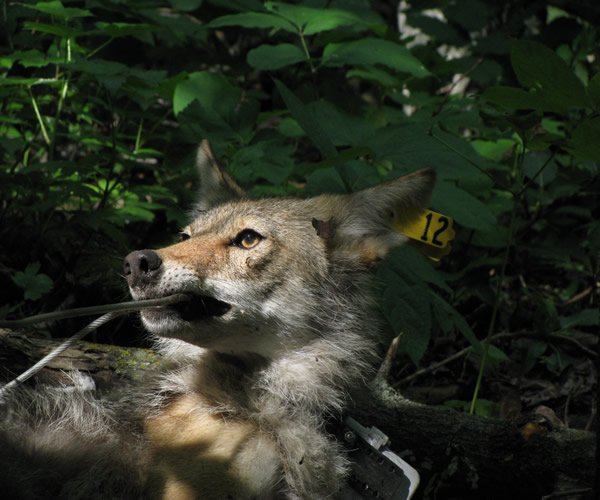
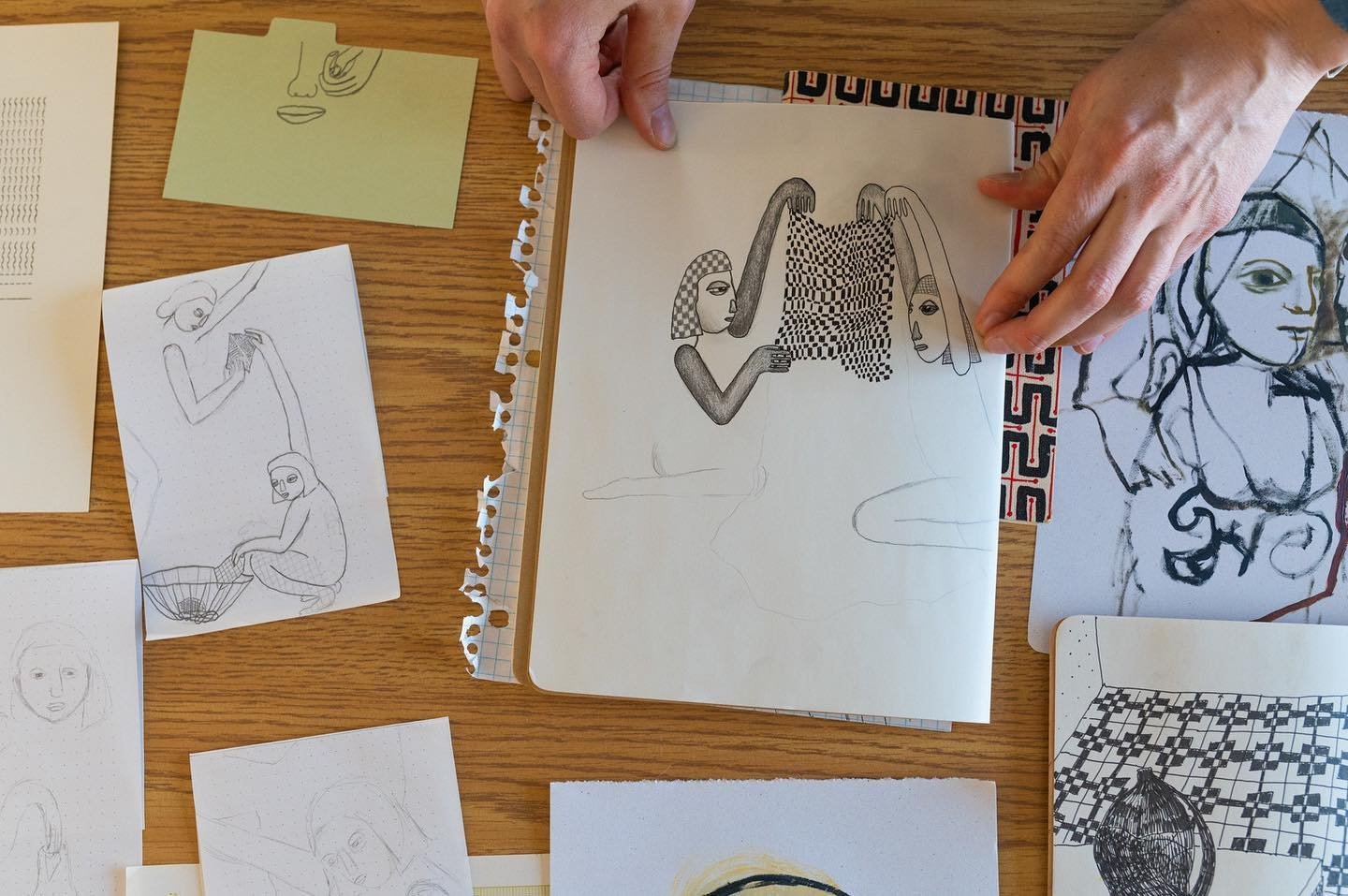
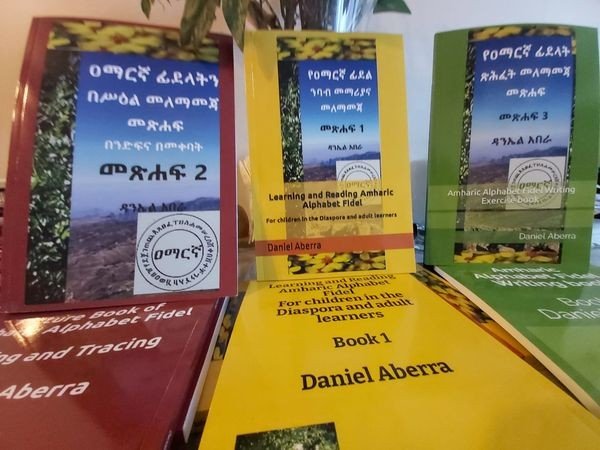
Research & Development Grant | 2025
-
This research and development project will create the framework for heritage-focused food tours that celebrate Edmonton Chinatown's rich history and cultural significance. Working with community members, business owners, and cultural historians, the project will identify key locations, develop historical narratives, and create tour materials that connect food experiences with cultural storytelling. The tours will highlight both historical and contemporary aspects of Chinatown, supporting local businesses while educating participants about Chinese-Canadian heritage and the neighborhood's evolution over time.
Website: https://www.ctcyeg.ca/ Instagram: @changechinatown
-
This project will develop a comprehensive training program to prepare Indigenous community members as storytelling facilitators, embedding traditional oral traditions into contemporary community care practices. Working with Elders and cultural knowledge keepers, the program will create curriculum and resources for storytelling workshops at NiGiNan housing sites. The project aims to strengthen cultural connections across NiGiNan's services while building capacity for Indigenous-led programming. Participants will learn facilitation skills, cultural protocols, and storytelling techniques that support healing and community building within urban Indigenous housing contexts.
Website: http://www.niginan.ca/ Instagram: @niginan_housing
-
This research project will develop content for a podcast series examining the complex relationships between oil development, Treaty rights, and Edmonton's urban growth. The project will explore how petroleum industry development has shaped the city's economy, demographics, and relationship with Indigenous communities, while investigating often-overlooked connections between resource extraction and Treaty obligations. Through archival research, interviews, and community engagement, the project will develop compelling narrative frameworks that help audiences understand Edmonton's position within broader conversations about energy, Indigenous rights, and urban development.
-
This research initiative will map the historical and contemporary patterns of Afro-Caribbean migration to Edmonton, documenting how community networks, cultural institutions, and support systems have evolved over time. Through interviews with community members, archival research, and data collection, the project will create comprehensive documentation of Afro-Caribbean settlement patterns, community building strategies, and cultural preservation efforts. The research will inform future programming while creating valuable historical records that celebrate the contributions of Afro-Caribbean communities to Edmonton's cultural landscape.
-
This cookbook development project will collect traditional recipes, cooking techniques, and food stories from Asian community elders ("aunties") across Edmonton's diverse Asian populations. Through interviews, cooking sessions, and recipe documentation, the project will preserve culinary knowledge that might otherwise be lost while celebrating the role of food in maintaining cultural identity and community connections. The project will result in a community cookbook that includes not just recipes but also the stories, memories, and cultural context that make each dish meaningful within family and community traditions.

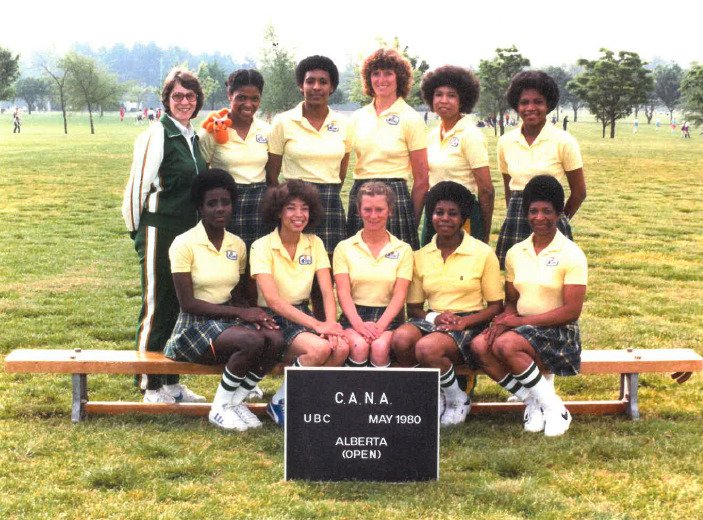

Operational Grants | 2025
-
Preserving and sharing Edmonton's aviation heritage
-
Documenting and sharing Alberta's labour history
-
Preserving Jewish history and heritage in Northern Alberta
-
Operating historical streetcars and preserving transit heritage
-
Preserving and promoting Francophone heritage
-
Supporting family history research and preservation
-
Operating the Alberta Railway Museum
-
Preserving Chinese-Canadian heritage and culture
-
Supporting Indigenous knowledge and heritage
-
Preserving Chinese family and cultural heritage
-
Supporting French-language genealogical research
-
Operating historic Bison Lodge and preserving pioneer heritage



FIRE Impact Grant Recipients | 2025
-
This innovative project involves creating a modification for the popular video game Skyrim that replaces English terms for animals, plants, and items with nêhiyawêwin (Cree language) equivalents. The mod will offer an immersive and engaging language learning experience that combines gaming with cultural education. Future phases will introduce real-world Indigenous plants through 3D modeling, language integration, and cultural context, transforming the game into a virtual land-based learning environment. The project is designed for accessibility and engagement, blending traditional language preservation with cutting-edge technology to reach younger generations and gaming communities.
-
This comprehensive program supports Indigenous students studying wildlife and conservation during The Wildlife Society's annual conference in Edmonton. The program includes culturally grounded activities such as opening ceremonies at kihcihkaw askî (Elk Island), workshops combining Western science with Indigenous knowledge, and mentorship sessions with Elders and conservation professionals. Students receive full support for travel, registration, and accommodation, along with opportunities to present their research, network with industry professionals, and participate in land-based learning activities. The program bridges Indigenous knowledge systems with contemporary conservation science while supporting the next generation of Indigenous environmental leaders.
-
This project expands the existing Tipi Confessions initiative through three in-person workshops and a monthly virtual speaker series, each focusing on Indigenous perspectives around body sovereignty, gender identity, sexuality, and community safety. Sessions will feature story-based performance, facilitated discussions, and traditional teachings about cultural healing practices. The program includes the Beaded Vulva Project, which combines artistic creation with dialogue about Indigenous teachings on body autonomy and wellness. The workshops create safe spaces for Indigenous people to explore identity, healing, and empowerment through culturally grounded programming.
-
This cultural camp will take place in Moose Hills over two days, led by respected Elders Jerry and Jo-Ann Saddleback. The gathering will explore the 13 lunar cycles according to traditional Cree knowledge systems, connecting participants with seasonal teachings and land-based learning. The teachings gathered during the camp will inform the creation of educational materials including a coloring book focused on matriarchal teachings and moon cycles, designed to support future educational resources for nehiyaw families. The project emphasizes intergenerational knowledge transfer and the connection between celestial cycles, seasonal changes, and cultural practices.
-
This comprehensive digital language project will develop a free, accessible online Cree language course specifically designed for Y-dialect Plains Cree. The course will include 36 hours of video instruction, interactive exercises, and comprehensive learning materials aimed at beginner learners. The project centers on increasing access to Cree language learning for people without institutional support, particularly serving Métis and Cree people regardless of their geographic location. The online format ensures that community members living in urban areas or away from traditional territories can still connect with and learn nêhiyawêwin, supporting language revitalization efforts across diverse settings.
Website: https://apihtawikosisan.com/
-
This project will offer hands-on sewing workshops for Indigenous youth at Alexis Nakota Sioux Nation and Enoch Cree Nation, where participants will learn to create both traditional regalia pieces like ribbon skirts and shirts, and modern streetwear including hoodies and jackets. The workshops will be guided by Elders and cultural mentors, ensuring proper cultural protocols while encouraging creative expression. The program culminates in a fashion showcase at the Nakota Sioux Strong Music Festival, providing youth with opportunities to display their creations and receive recognition for their skills. Additionally, participants will receive mentorship in entrepreneurship and cultural business development.
-
This intensive cultural camp will be held in Saddle Lake and nearby grazing areas, specifically designed for Indigenous youth aged 15-35. Over three days, participants will engage in traditional activities including hunting, trapping, pipe ceremony, and sweat lodge, all supported by Elders and Knowledge Holders. The program includes PAL safety training, land-based teachings, and hands-on learning activities such as moose hide bag making. The camp addresses a gap in programming for this age group, offering culturally grounded experiences that reconnect participants with land, community, and ceremony while building practical skills and cultural knowledge.
-
This project will host three specialized workshops for Indigenous youth in Edmonton, focusing on traditional hide-working skills including scraper making, hide scraping, and creating rattles and drums from processed materials. All sessions will be guided by respected Elder Reuben Quinn, who will share nêhiyaw teachings and universal law alongside practical instruction. The workshops emphasize land-based knowledge transmission, safety protocols, and intergenerational learning opportunities. The project connects urban Indigenous youth with traditional practices and responsibilities while building skills and cultural understanding that can be carried forward to future generations.

